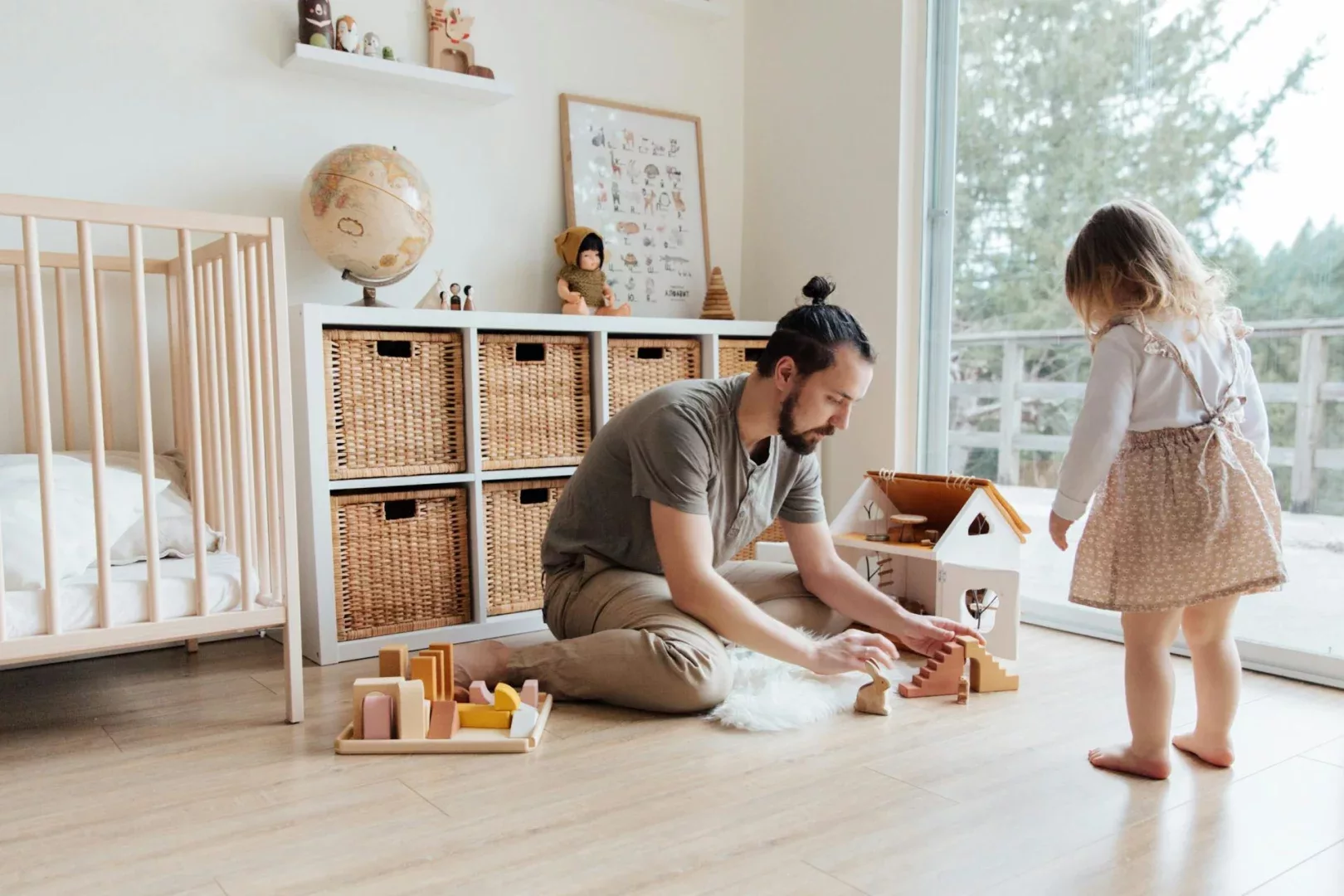Custody Best Interest of the Child Letter
Have you ever wondered how a custody best interest of the child letter can impact your case? Our team of experienced divorce lawyers at TheBostonDivorceLawyer can help guide you through this important document. Learn more about how this letter can influence the outcome of your custody arrangements.
As stated in the Uniform Child Custody Jurisdiction and Enforcement Act, the best interest of the child is the primary consideration in determining custody. This Act provides guidelines and factors for courts to consider in making custody decisions.
Introduction
This letter shares the concerns and preferences of the writer about the child’s custody arrangements.
First, the writer should explain their relationship to the child, whether they are a parent, guardian, or someone else who cares about the child’s well-being. This helps the reader understand the writer’s connection to the child.
The introduction should also briefly describe the current custody situation and any problems that have prompted the writing of the letter. To be fair, these might include worries about the child’s safety, health, or general well-being that aren’t being addressed right now.
The writer might also suggest possible solutions, such as new visitation schedules, different living arrangements, or financial support that they believe would benefit the child.
In short, the introduction gives an overview of the writer’s concerns and reasons for writing the letter. It shows the writer’s connection to the child and sets the stage for the detailed points that will follow.
Child’s Living Situation
When considering what’s best for the child, I find it very important to evaluate their living situation.
For real, we need to make sure the child lives in a safe and stable environment. This means checking if they have a caring and supportive caregiver, enough resources, and if the child is happy and healthy.
We should see if the child’s home meets their physical, emotional, and developmental needs. This includes looking at the quality of their living space, the supervision they get, and how involved the parents are in their daily life. It’s also important to consider how close the home is to the child’s school, doctors, and other key services.
To be fair, the relationships within the household—like with siblings, parents, and family members—also play a big role in the child’s well-being. We need to check for any issues like parental conflict, substance abuse, mental health problems, or domestic violence, as these can seriously affect the child.
Parenting Skills
In other words, a letter about what’s best for a child should talk about how each parent can provide a safe and loving home. It should look at things like the parent’s ability to meet the child’s everyday needs, such as food, shelter, and emotional support. Good communication between the parent and child is important, and the parent’s ability to set rules and boundaries should also be noted. The letter should check if the parent can make good decisions for the child and put the child’s well-being first.
As far as I’m concerned, it should also consider how much the parent has been involved in the child’s life, including their role in the child’s education, hobbies, and general upbringing. The parent’s willingness to work together with the other parent to co-parent should be included.
Child’s Relationship with Parents
As far as I’m concerned, studies show that kids do well when they have a strong bond with both parents. Regardless of how custody is arranged, it’s vital for children to feel loved, supported, and safe with each parent.
When deciding custody, the child’s best interest should always come first. This involves looking at the child’s age, their bond with each parent, their wishes, and any special needs they might have. Kids benefit from regular communication and quality time with both parents, so custody plans should encourage this.
As far as I’m concerned, a good relationship with both parents helps kids deal with the challenges of their parents living apart. They often need emotional support, guidance, and stability, so it’s very important for parents to cooperate to meet these needs.

The Takeaway
The best interest of the child should always be the top priority when determining custody arrangements.
What TheBostonDivorceLawyers is pushing for is that a well-crafted letter outlining the child’s needs, preferences, and relationships can provide valuable insight for the court in making decisions that prioritize the child’s well-being and happiness.
It is very important for all parties involved to put aside personal desires and focus on what is best for the child.







